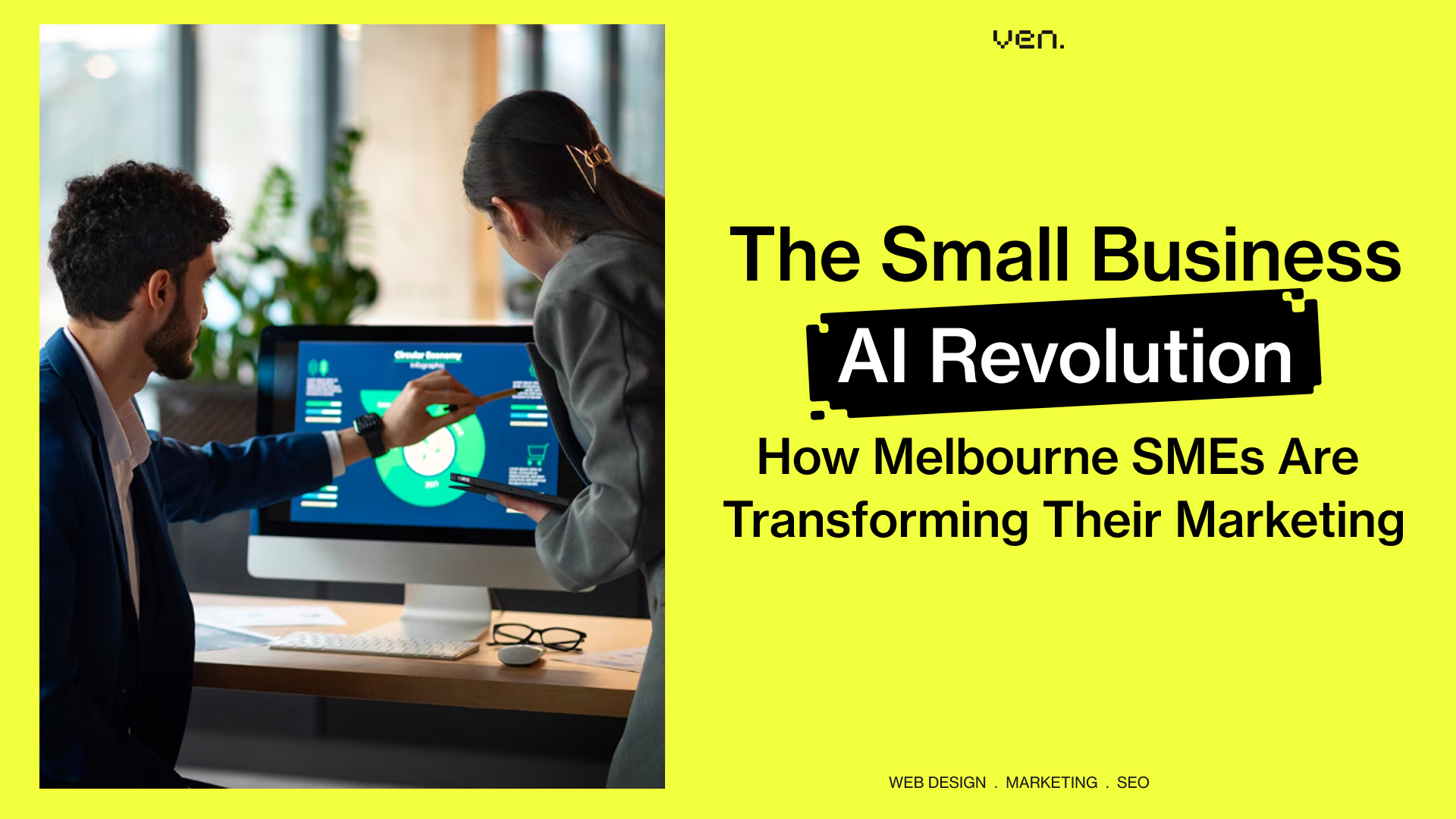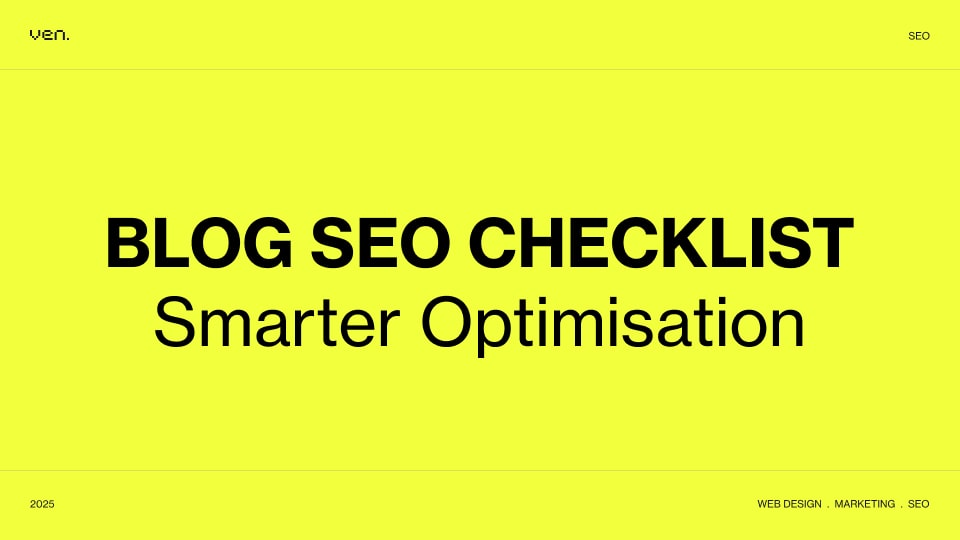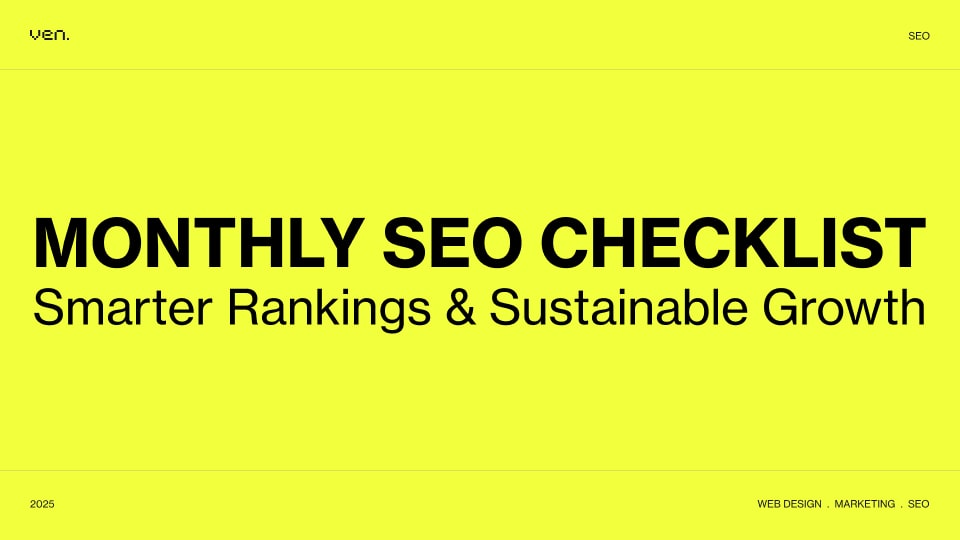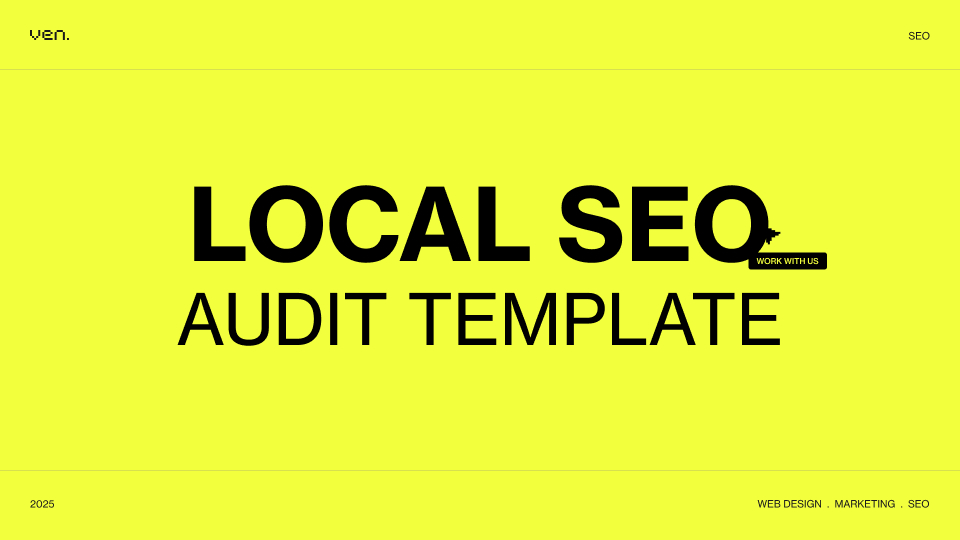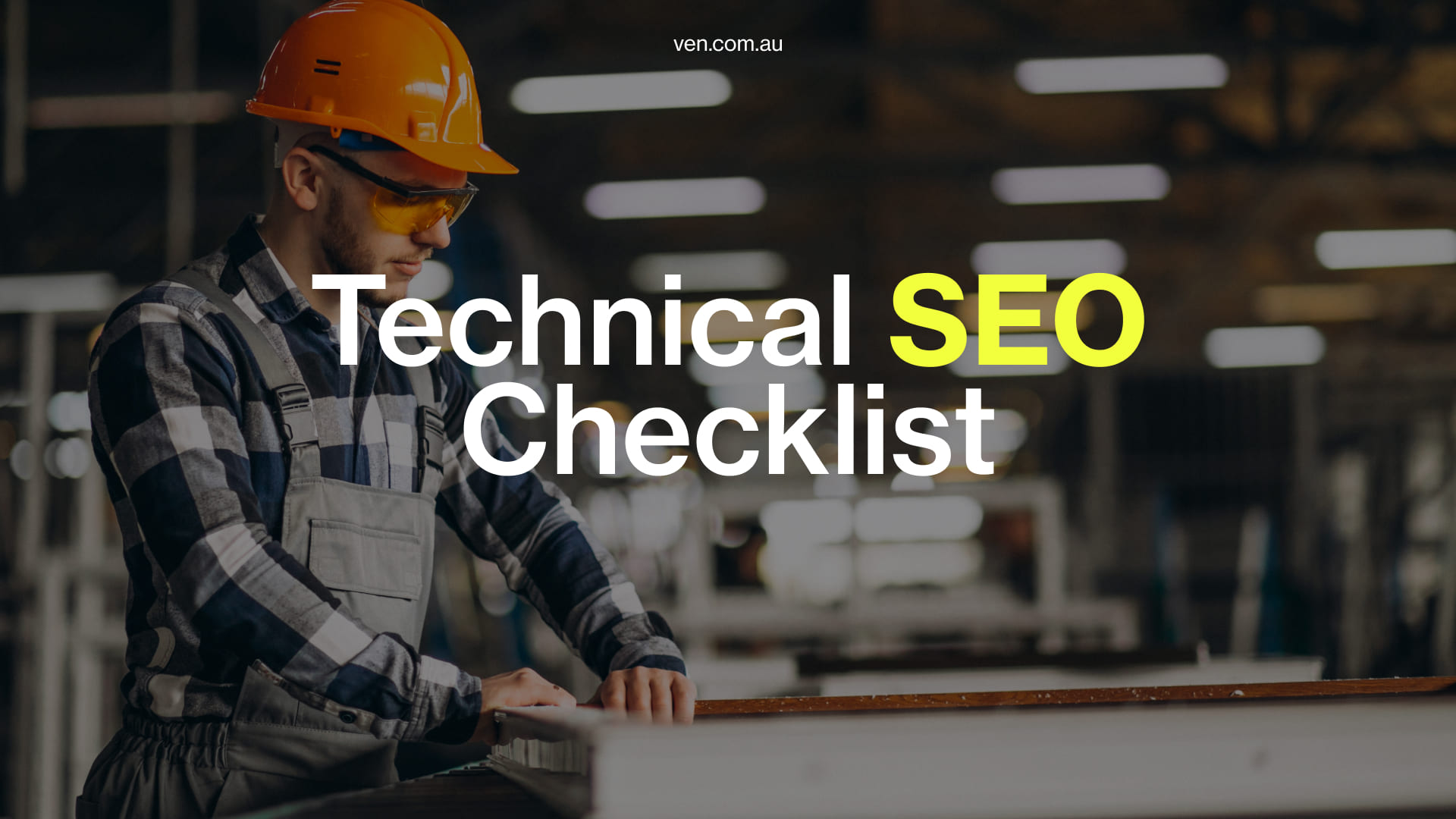Introduction
The corner café in Brunswick that knows exactly when to send you a coffee discount. The Prahran boutique that somehow recommends the perfect outfit for your upcoming event. The Richmond accounting firm that answers your questions at 2 AM. Behind each of these seemingly magical customer experiences lies the same powerful force: artificial intelligence. For Melbourne’s small businesses, AI isn’t just a buzzword — it’s rapidly becoming a competitive necessity in the digital marketing landscape. With 67% of Australian consumers now expecting personalised experiences from businesses of all sizes (according to Deloitte Australia’s Digital Consumer Trends), the gap between companies embracing AI and those watching from the sidelines continues to widen. At Ven Agency, we’ve witnessed this transformation first-hand across Melbourne’s diverse small business community. This article explores how AI is reshaping marketing capabilities for local SMEs, the tangible benefits it delivers, and practical considerations for implementation in your business.
The Current AI Marketing Landscape in Australia
Australia’s adoption of AI in marketing has accelerated dramatically, with spending on AI systems projected to reach $3.6 billion in 2025, according to IDC Australia. For small businesses, this represents both an opportunity and a challenge — how to harness these powerful tools without the resources of larger competitors.
How Melbourne Businesses Are Adopting AI
Melbourne’s innovation ecosystem provides a unique advantage for small businesses looking to implement AI marketing solutions. The Melbourne Innovation District has become a hub for AI development, with partnerships between small businesses and technology providers creating accessible pathways to adoption. A notable example is the Chapel Street Precinct Association, which implemented an AI-driven customer insights program that helped member businesses increase foot traffic by 23% through targeted, localised marketing campaigns. The program analysed customer movement patterns, social media engagement, and purchase behaviour to deliver highly targeted promotions to specific demographic segments. According to the Australian Bureau of Statistics, Victorian small businesses are adopting AI marketing tools at a rate 7% higher than the national average, with Melbourne leading this charge.
Key Technologies Transforming the Industry
Several AI technologies are making particularly significant impacts in the small business marketing space:
- Machine learning algorithms that analyse customer behaviour patterns and predict future actions
- Natural language processing (NLP) powering more sophisticated chatbots and content creation
- Customer segmentation tools that identify micro-segments for hyper-targeted campaigns
- Predictive analytics helping forecast campaign performance and ROI
- Voice search optimisation responding to the 38% of Australians now using voice search weekly
“What’s changed dramatically in the last two years is the accessibility of these technologies,” explains Dr. Lisa Jenkins from RMIT’s Centre for Digital Enterprise. “Tools that once required data science teams can now be implemented by small businesses with limited technical expertise.”
Benefits of AI for Small Business Marketing
Enhanced Customer Personalisation
In Melbourne’s competitive retail and service landscape, personalisation has moved from luxury to expectation. AI enables small businesses to deliver big-business personalisation on modest budgets. Consider South Melbourne Market merchant Organic Origins, which implemented an AI-powered CRM system to analyse purchase patterns. The system identified distinct customer segments and automatically tailored communications based on previous purchases, dietary preferences, and even weather patterns. The result? A 34% increase in repeat purchases and a 27% boost in average transaction value. The power lies in combining multiple data points — website behaviour, purchase history, location, and even external factors like local events or weather — to create highly relevant communications that feel genuinely thoughtful rather than creepily targeted.
Improved Efficiency Through Automation
For Melbourne’s time-poor small business owners, marketing automation delivers perhaps the most immediate benefit: reclaiming precious hours. “Before implementing our marketing automation system, we spent about 20 hours weekly on email campaigns and social media,” shares Mia Chen, owner of a Richmond-based interior design firm. “Now that’s down to 5 hours, and our engagement rates have actually improved by 42%.” AI-powered automation tools now handle everything from:
- Social media content scheduling optimised for peak engagement times
- Email campaign personalisation beyond basic name insertion
- Ad placement and bid adjustment across platforms
- Chatbot customer service handling routine enquiries
- Content creation assistance for blogs and social posts
The efficiency gains are particularly valuable for Melbourne’s retail and hospitality businesses navigating seasonal fluctuations and event-based demand spikes.
Data-Driven Decision Making
Perhaps the most transformative aspect of AI for small business marketing is the shift from gut-feel decisions to data-driven strategy. AI analytics tools provide Melbourne businesses with insights previously available only to enterprises with dedicated analytics teams. These tools can:
- Identify which marketing channels deliver the highest ROI for specific customer segments
- Predict customer churn before it happens
- Recommend optimal pricing strategies based on market conditions
- Suggest content topics most likely to resonate with target audiences
- Forecast seasonal trends specific to Melbourne neighbourhoods
CSIRO’s Data61 research indicates that Australian SMEs leveraging advanced analytics tools experience, on average, 21% higher revenue growth than non-adopters.
Challenges and Considerations for Implementation
While the benefits are compelling, implementing AI marketing tools isn’t without hurdles. Understanding these challenges is crucial for Melbourne businesses planning their AI strategy.
Cost and Resource Barriers
The perception that AI requires massive investment remains one of the biggest adoption barriers. While enterprise-level solutions can indeed be costly, many affordable options exist specifically designed for small businesses. “The landscape has changed dramatically,” notes Emily Wong, Digital Transformation Advisor at Small Business Victoria. “Many AI marketing tools now use tiered pricing models that scale with your business size, starting from as little as $50 monthly for powerful capabilities.” Melbourne businesses should consider:
- Starting with single-function AI tools addressing specific pain points
- Exploring government grants supporting digital transformation (more on this below)
- Calculating potential ROI before implementation, focusing on time savings and revenue potential
- Considering managed service options from local providers like Ven Agency for implementation support
Skills and Knowledge Gaps
For many small business owners in Melbourne, the most intimidating barrier to adopting AI isn’t cost — it’s confidence. Navigating AI tools can feel overwhelming without prior technical experience. Many business owners express uncertainty about which tools to choose, how to integrate them with existing systems, or even how to interpret AI-generated insights.
Bridging this gap requires a combination of upskilling and support. Free online courses from platforms like Coursera, Digital Boost, and TAFE Victoria offer accessible introductions to AI and digital marketing. More importantly, local agencies — including VEN — play a crucial role in simplifying the journey. From tool selection to ongoing training, strategic partners help businesses build internal capability without sacrificing momentum.
Data Privacy and Ethical Considerations
As businesses tap into deeper personalisation, the responsibility to handle customer data ethically grows. Australian privacy regulations, including the Privacy Act 1988 and Consumer Data Right (CDR), set clear guidelines for how data must be collected, stored, and used. Failing to comply can lead to reputational damage and regulatory penalties.
Melbourne businesses must prioritise transparency in how AI tools use customer data. Clear privacy policies, opt-in communications, and secure data handling protocols are not just best practices — they’re essential for building trust. Ethical AI use also means avoiding bias in algorithmic decision-making, ensuring every customer receives fair and inclusive treatment.
Managing Change Within the Business
Implementing AI isn’t just a technical change — it’s a cultural one. Team members may fear job displacement or struggle to adapt to new workflows. Effective change management involves:
- Clear communication about the goals and benefits of AI adoption
- Training sessions to build user confidence and competence
- Inclusive planning, involving team input to reduce resistance
- Pilot programs, which demonstrate quick wins and build internal support
Change is smoother when staff feel empowered rather than replaced. Position AI as a tool that enhances human creativity and efficiency, not one that replaces it.
Conclusion: Embrace AI with Clarity and Confidence
Artificial intelligence is redefining what’s possible in small business marketing — from smarter targeting to streamlined operations and deeper customer relationships. But success doesn’t come from adopting technology for technology’s sake. It comes from using AI strategically, ethically, and in a way that aligns with your unique goals.
At VEN Agency, we don’t just implement tools — we craft solutions tailored to your vision. Whether you’re taking your first steps or scaling existing AI efforts, our team is here to guide you with clarity, collaboration, and care.
Let’s build a smarter, stronger marketing future together. Book a strategy session today.
